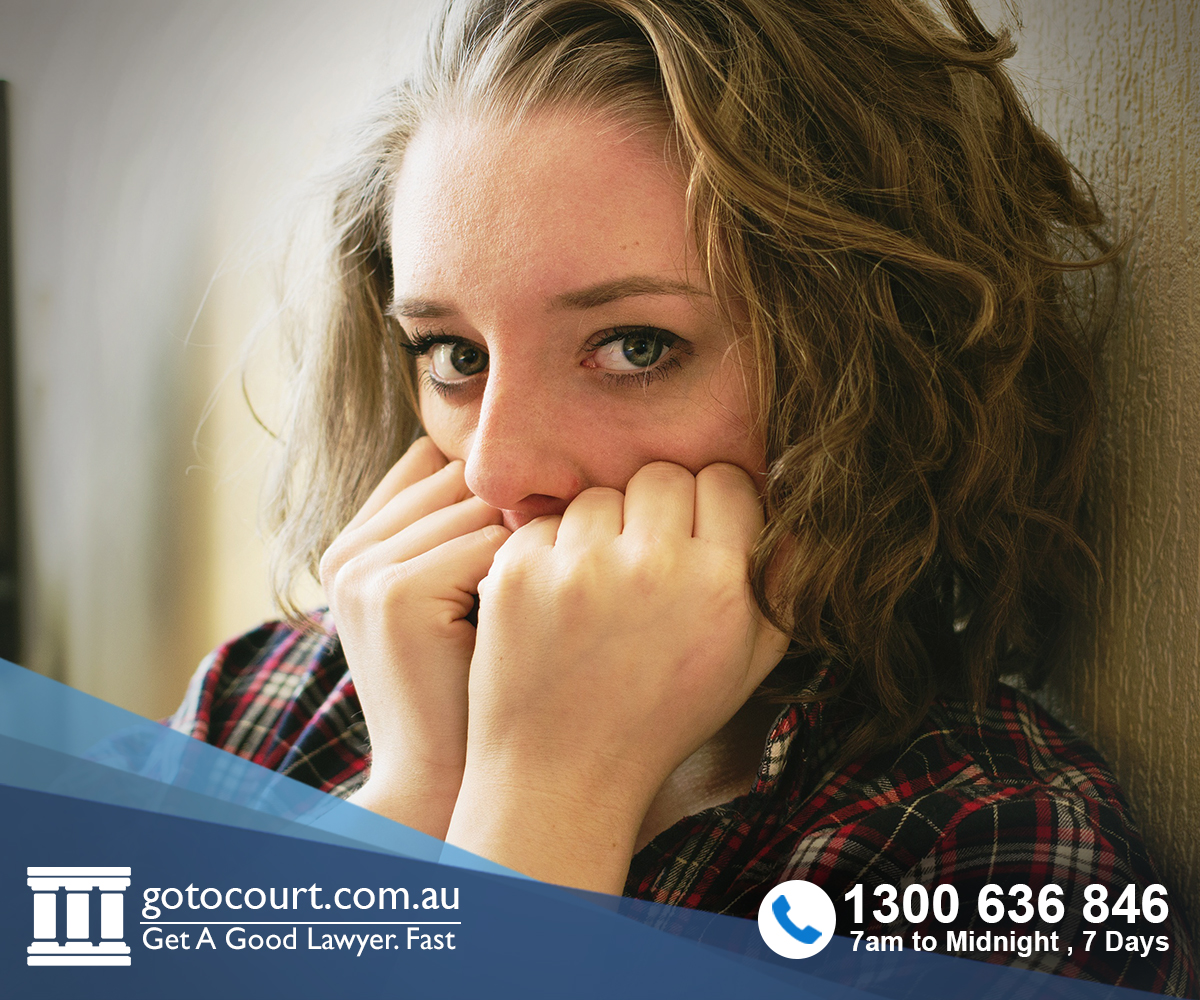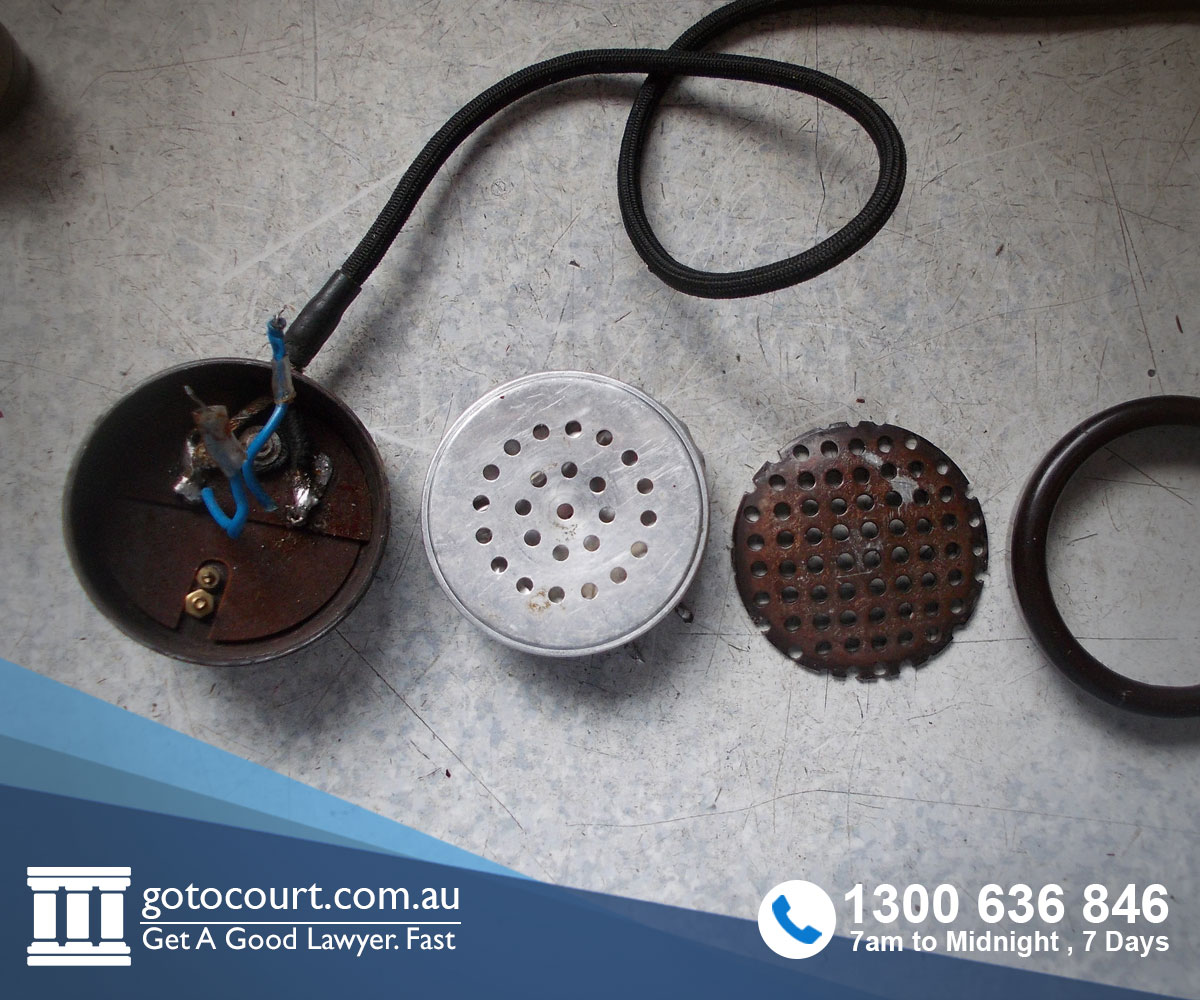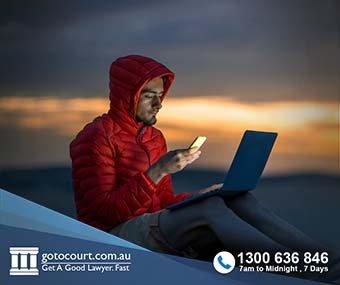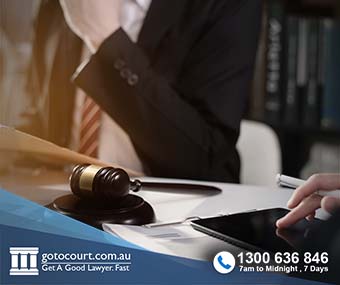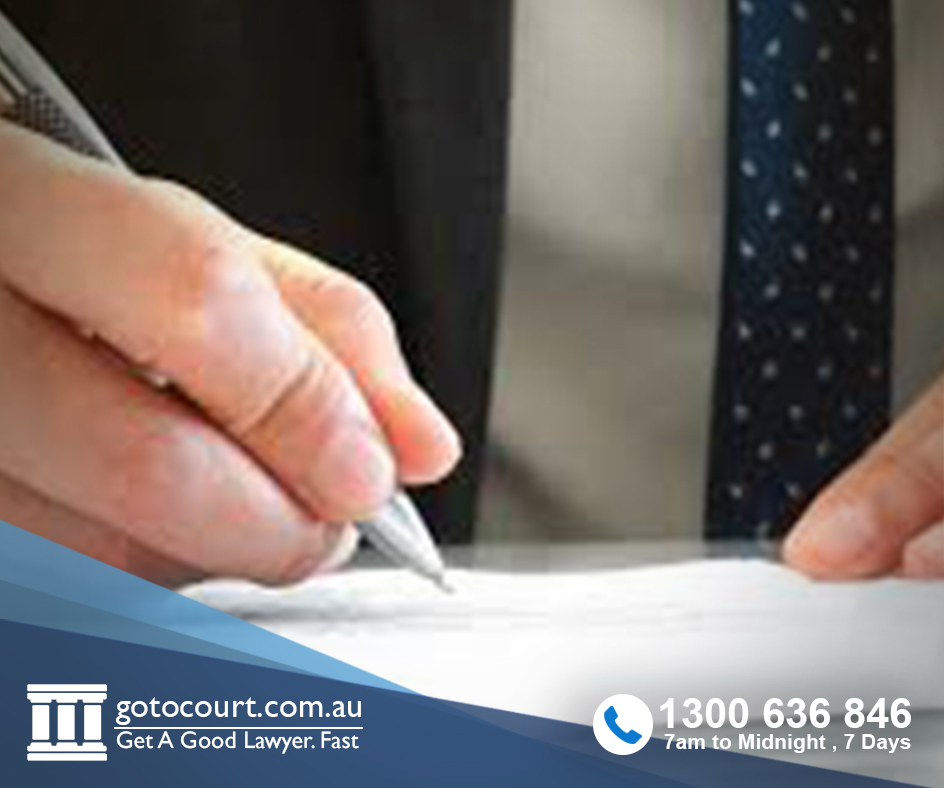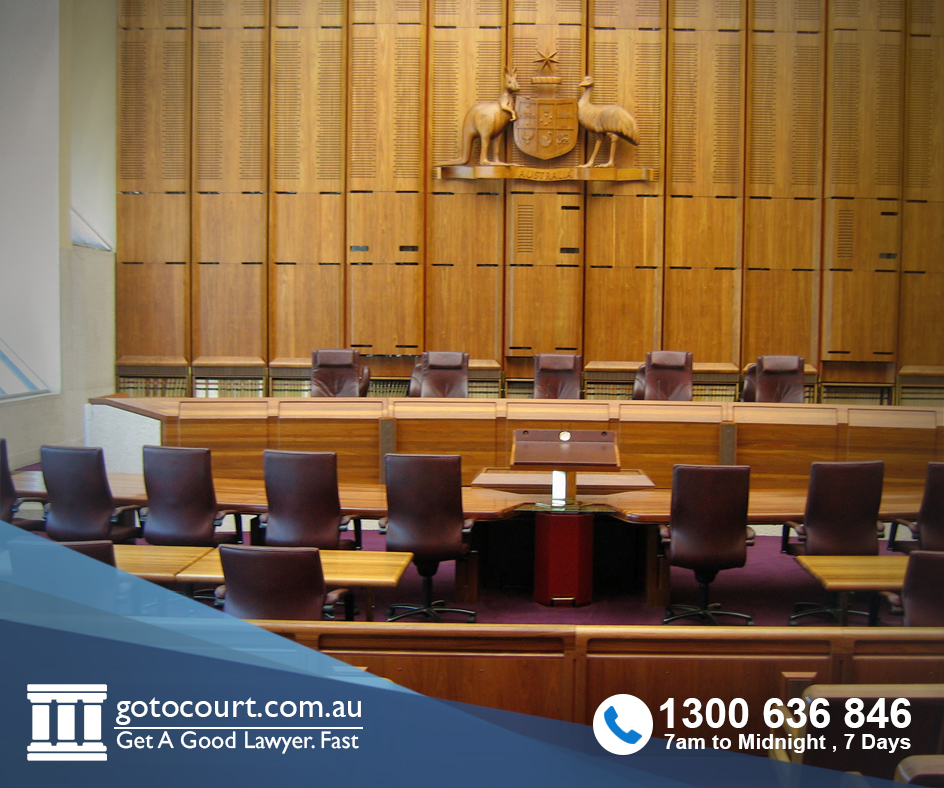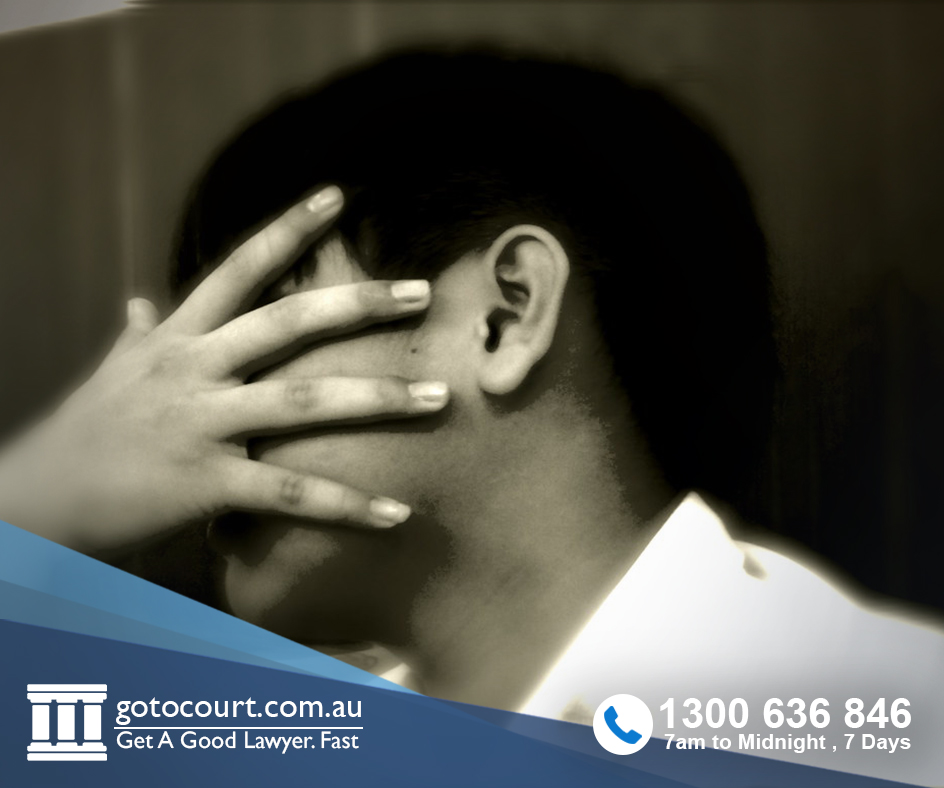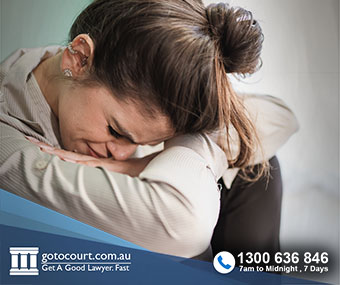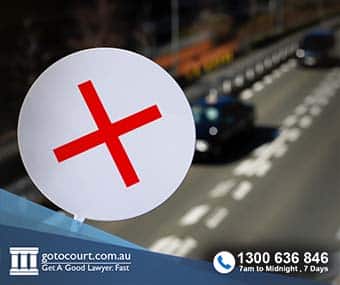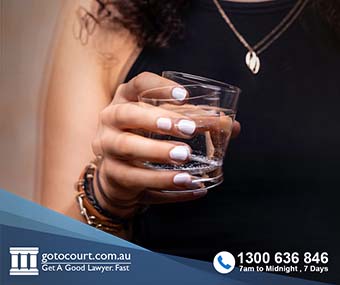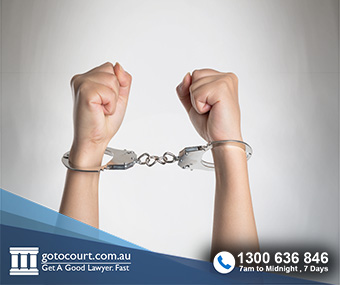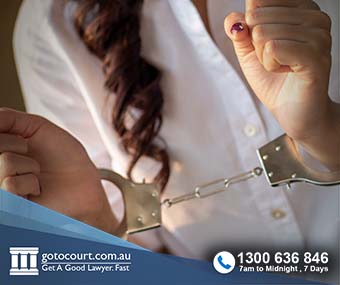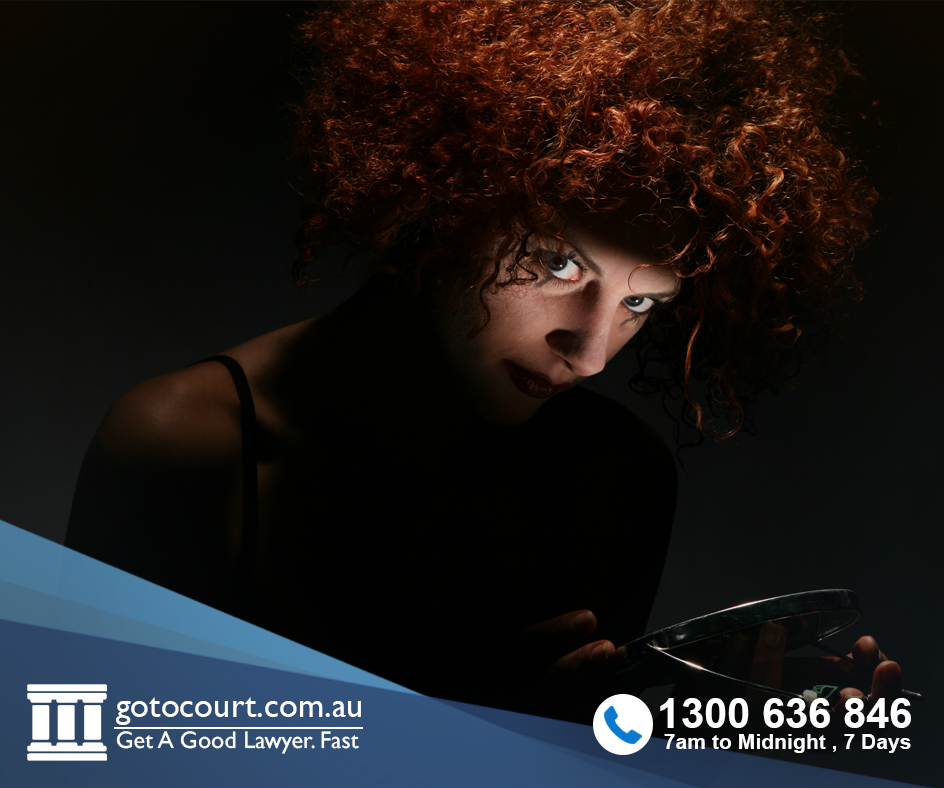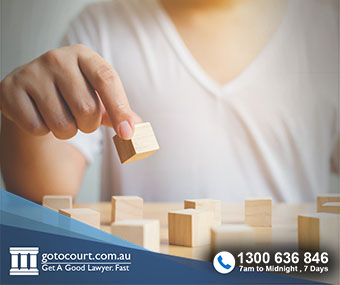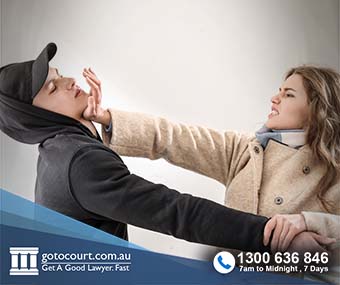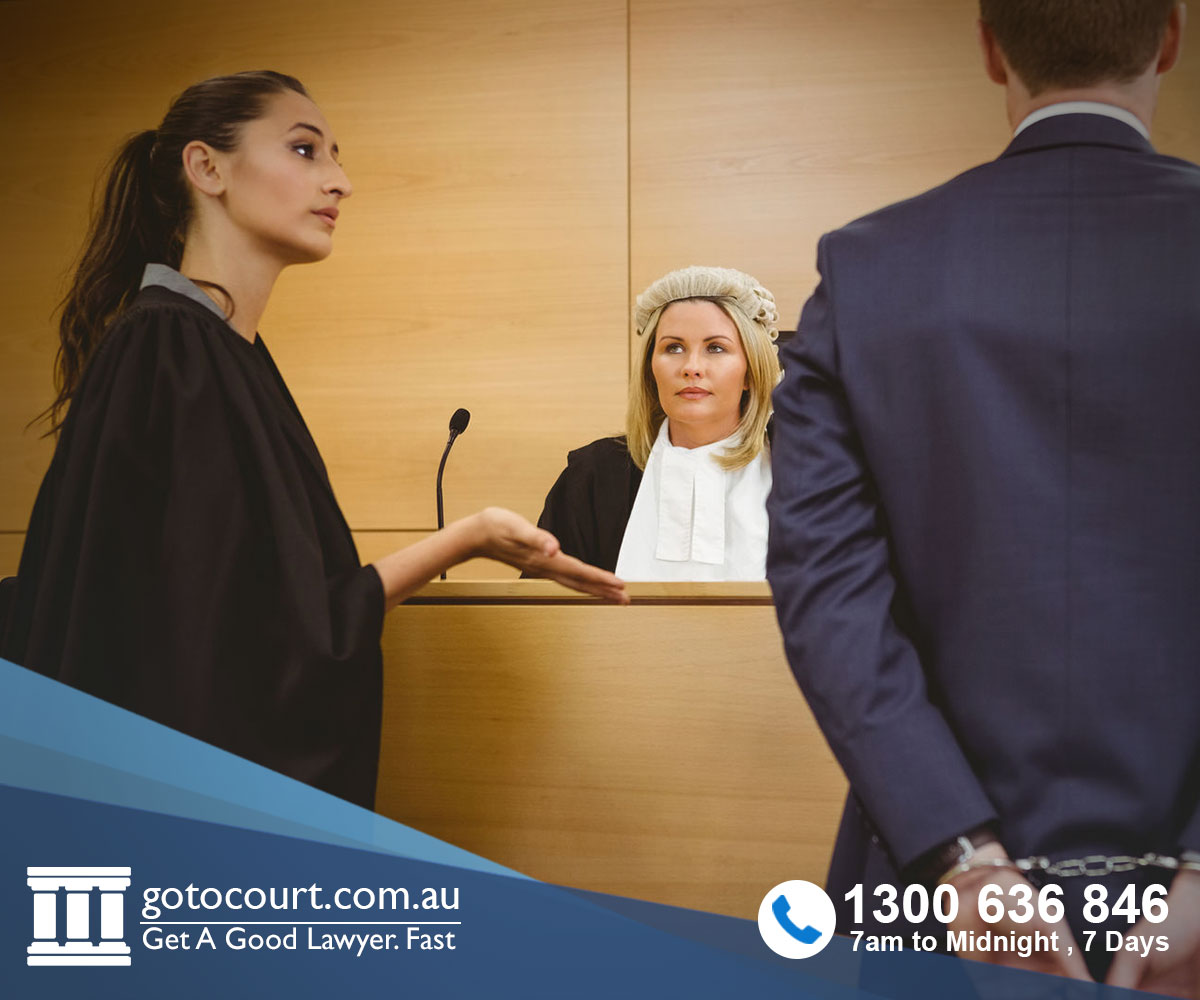Defences to Criminal Charges in New South Wales
Defences to Criminal Charges in New South Wales
A person who has been charged with a criminal offence may rely on a legal or a factual defence. Examples of factual defences are alibis and identification cases. Legal defences include self-defence and duress. A defence may be complete or partial. Most criminal defences have their roots in the common law and some are now set out in legislation. Some offences have specific defences that apply to them, which are set out in the Crimes Act 1900, such as the defence of lawful correction, which applies to a charge of assaulting a child.
Claim of right
If a person has a genuine belief that they (or someone else they are acting for) has a legitimate claim of right to certain money or property it is a defence to any crime involving stealing.
Intoxication
A person’s intoxication does not amount to a full defence. However, evidence of an accused’s intoxication is relevant to offences of specific intent.
A specific intent offence is an offence where the prosecution have to prove that the person intended to bring about a specific result. An example is intentionally inflicting grievous bodily harm. It isn’t sufficient for the prosecution to prove that grievous bodily harm was inflicted; it must also prove that the accused intended to inflict it.
A person who was intoxicated might not have been capable of forming that specific intent. In such a case, evidence of the accused’s intoxication may assist them in defeating the charge.
However, intoxication cannot be used to show lack of intent if the accused decided to get intoxicated in order to do the crime or to help them to do it.
Honest and reasonable mistake of fact
The defence of honest and reasonable mistake applies to offences of strict liability (such as speeding). In these matters, if a person had an honest and reasonable belief in a state of affairs which, if they existed, would mean that they were innocent, they have a full defence. The defence does not apply if the mistake is a mistake of law.
Mental illness
A person will not be held responsible for their actions if they can demonstrate that at the time of the act, they were mentally impaired. For this defence to be successful the person charged must prove that they did not understand ‘the nature and quality’ of their act due to their mental impairment. This means that they must prove that they did not know what they were doing or that they knew what they were doing but didn’t understand that it was wrong.
Self defence
Self-defence is a defence to any charge involving the use of force. In such a case, an accused person has a defence if they acted in defence of themselves or another person with the reasonable belief that what they did was necessary in the circumstances.
For the defence of self-defence to succeed, the accused’s actions must have been proportionate to the threat they believed they were facing.
Necessity
The defence of necessity operates where circumstances (natural or human threats) cause a person to break the law to avoid even more serious consequences. The accused must prove that they genuinely believed that what they did was necessary and it must not be out of proportion to the harm that they were trying to avoid happening.
Duress
The defence of duress applies where the defendant committed an offence only because another person was subjecting them to a serious threat. Duress essentially means that the accused was ‘forced’ to commit the offence in order to escape a serious threat. For this defence to succeed, there must have been no alternative means of escaping the threat.
This defence does not apply to murder or manslaughter.
Consent
The consent of the alleged victim can be used as a defence to a sexual assault charge. For this defence to succeed, the defence must show either that the alleged victim consented to the act or that the accused did not know or could not reasonably have known that the alleged victim was not consenting.
If you require legal advice or representation in any legal matter, please contact Go To Court Lawyers.

Affordable Lawyers
Our Go To Court Lawyers will assist you in all areas of law. We specialise in providing legal advice urgently – at the time when you need it most. If you need a lawyer right now, today, we can help you – no matter where you are in Australia.How It Works




1. You speak directly to a lawyer
When you call the Go To Court Legal Hotline, you will be connected directly to a lawyer, every time.

2. Get your legal situation assessed
We determine the best way forward in your legal matter, free of charge. If you want to go ahead and book a face-to-face appointment, we will connect you with a specialist in your local area.

3. We arrange everything as needed
If you want to go ahead and book a fact-to-face appointment, we will connect you with a specialist in your local area no matter where you are and even at very short notice.

